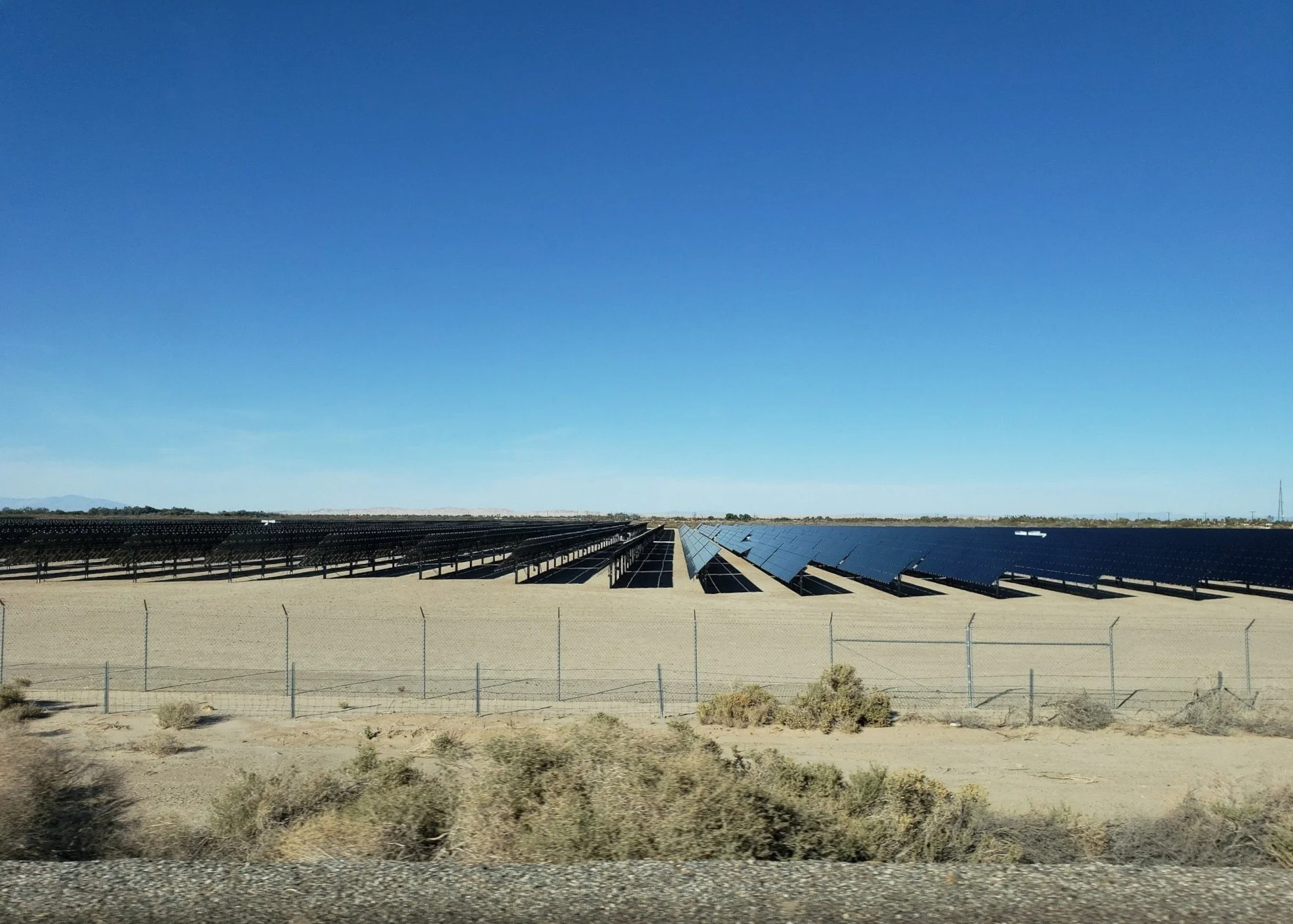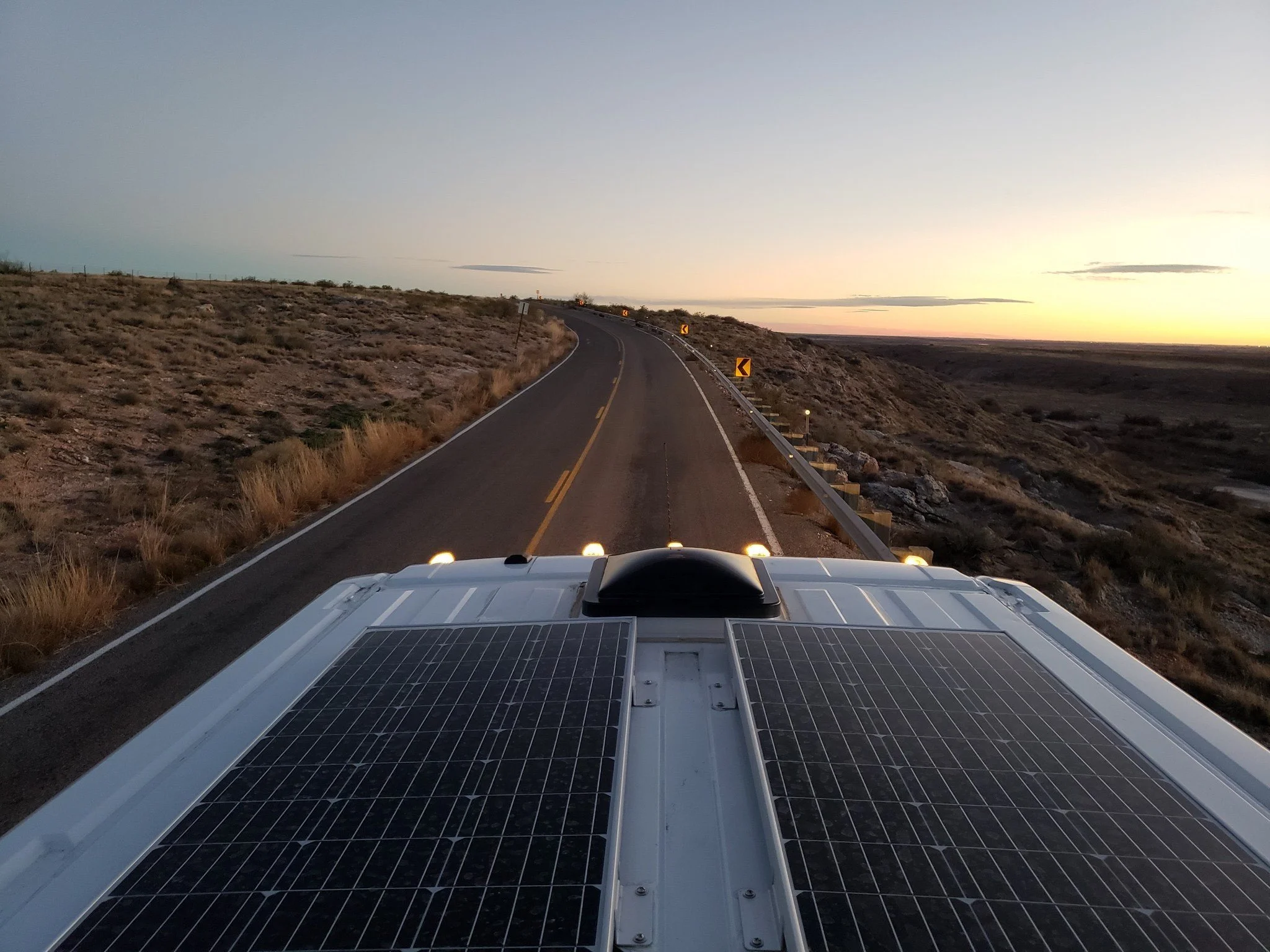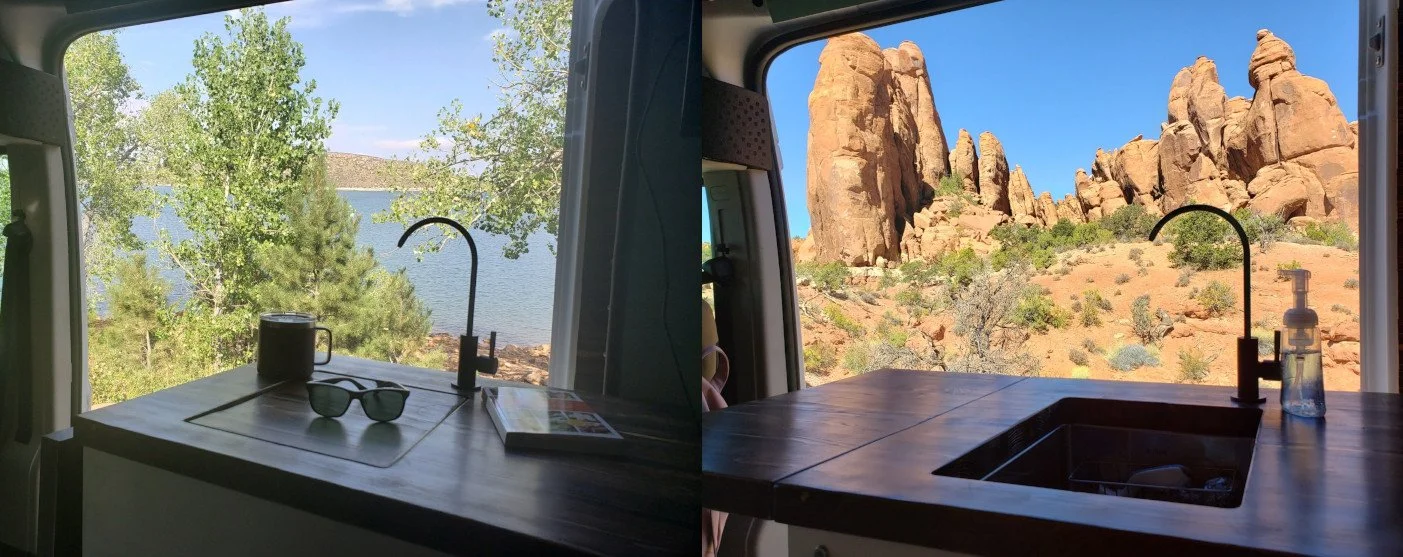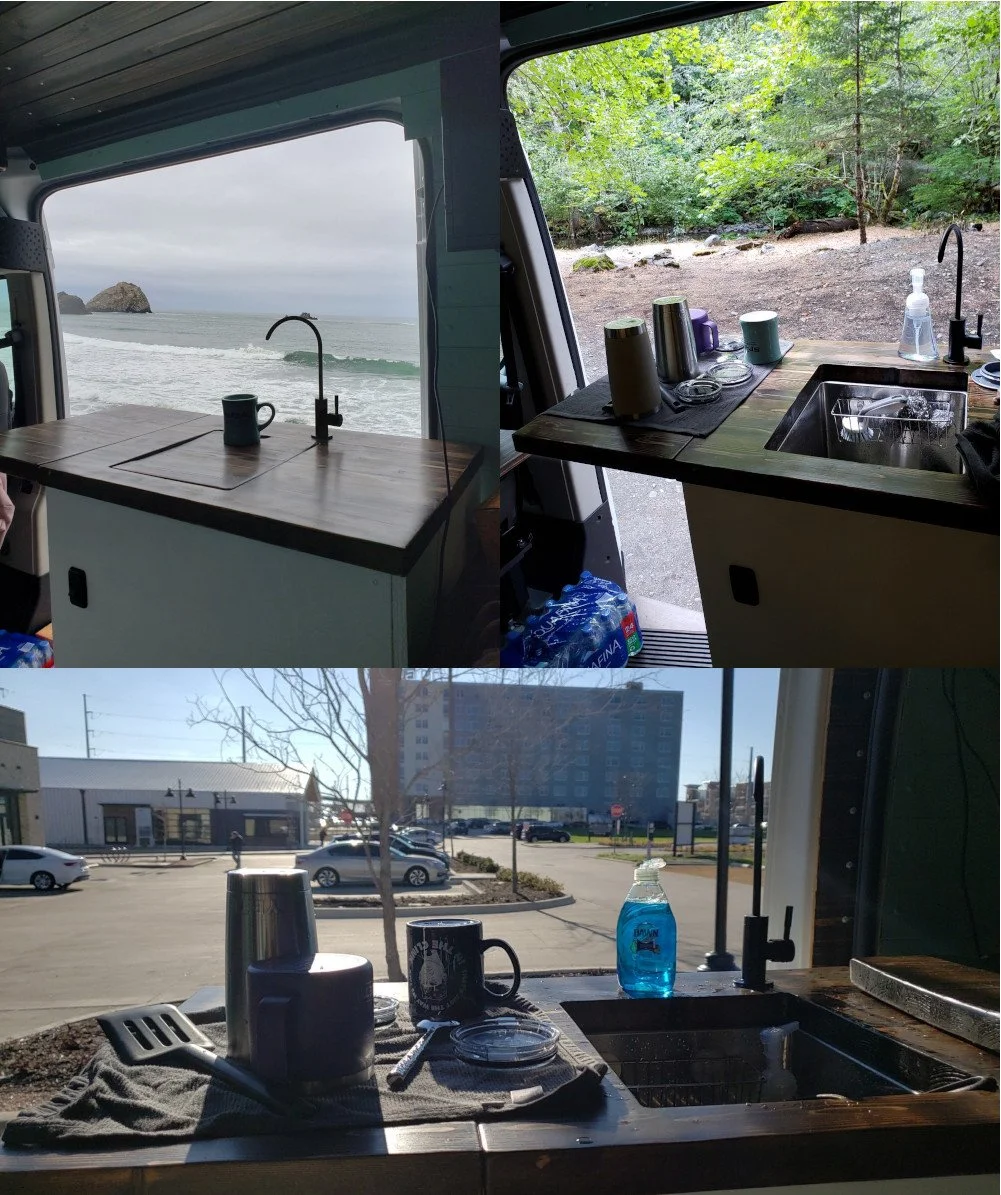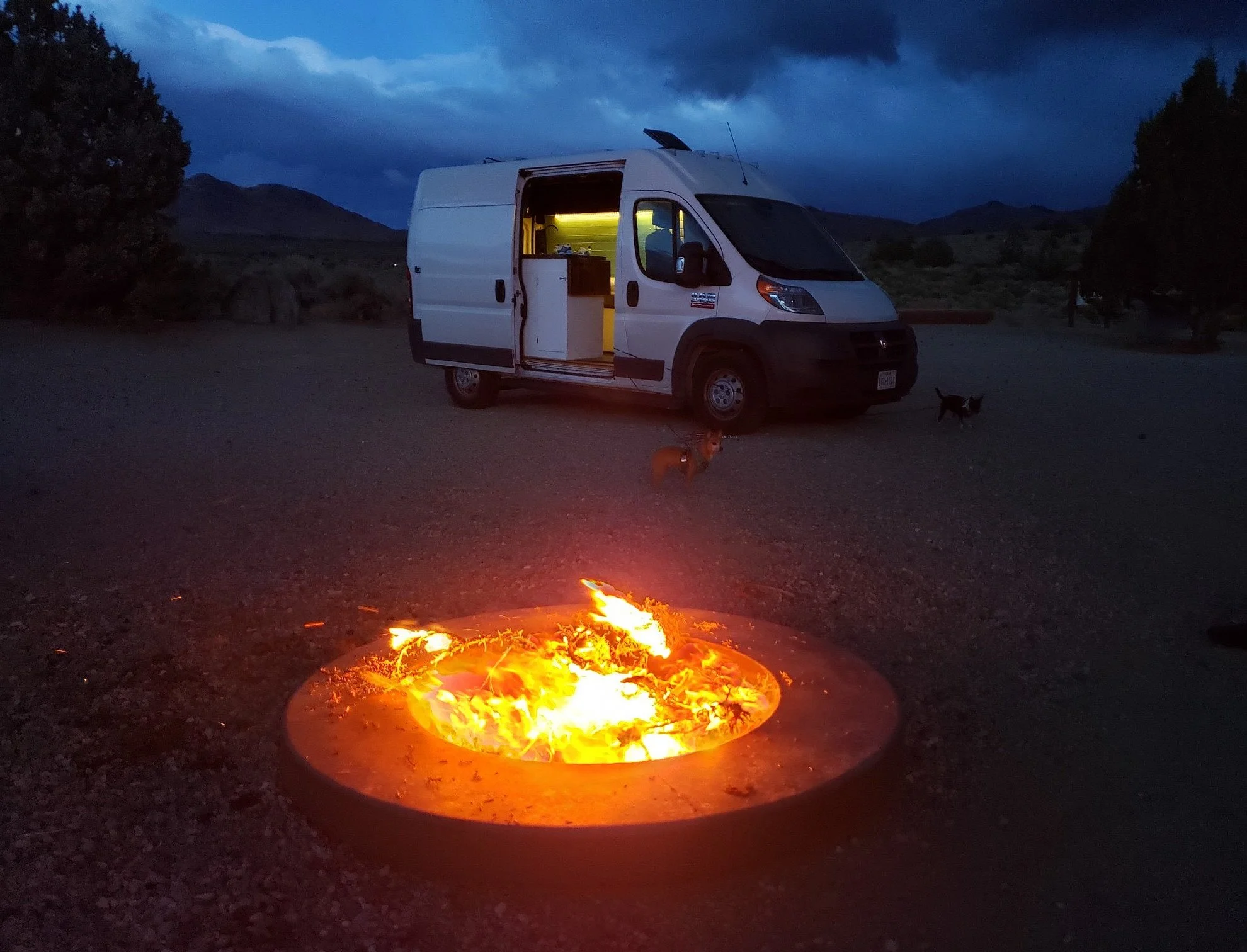Apocalypse Now: 2022
2022 just started, and it seems to be about as horrid as 2021. There’s still a pandemic, economic woes, and now there is a war with all kinds of additional threats. A big threat to those not directly involved in the military invasion by Russia into Ukraine is from collateral damage via cyber attacks. If Russia decides to take those cyber attacks aimed at Ukraine at the beginning of their invasion and point them at a NATO nation in retaliation for sanctions, it could be quite serious.
It’s not out of the question. When CISA releases something similar to their recent update it gets your attention as a security professional, and doesn’t require much imagine to extrapolate a scenario of disruption involving critical infrastructure components of a target country.
Infosec folk tend to talk about risk, and while discussing the whole Russia/Ukraine thing with friends in and out of the security community, several suggested I blog about getting prepared.
The Photos
A camper, decked-out van, RV, and just good old camping gear can actually come in handy in certain cases - especially if you need to “get away” whether it be from the impact of a cyber attack or simply to unplug and relax. So to help lighten the mood, my very-well-prepared son let me include some photos of his van. As he put it, if it’s raining, you simply drive a bit and find some sunshine. So be it mental or physical, being prepared for a rainy day is in itself its own sunshine. Because really, being prepared (or “prepping”) should be about peace of mind.
General Tips
I’ve blogged about prepping before and that older blog has a section on resources as well as some tips on getting started. The “Quick Tips” section of the blog post still applies: start with three weeks of food, have bottled water on hand, get meds and a first aid kit, and so on. But I wanted to pass on a few more helpful tips in case there are impacts to the supply chains or the power grid.
Hopefully you’re on good terms with your neighbors. They can often be a resource for rough times. On my street are a couple of nurses, a mechanic, and more than one person with a backyard garden. I’m capable of doing woodworking and performing minor DIY repairs to plumbing, electrical, appliances, and can even repair some electronics, so I can help out my neighbors and feel comfortable asking them for help in their areas of expertise.
During the times leading up to fire season, storm season, volatile elections, and so on, it doesn’t hurt having a bag with supplies ready to go if you have to head out the door in a hurry. I have many friends who live in areas prone to forest fires, and they don’t consider it a “bug out bag” for the zombie apocalypse, they consider it common sense. A few other things I’d recommend include keeping the tank in the main vehicle fairly full, having a bit of cash in case the credit card machines are down at the store. Don’t forget things like grabbing kids, pets, and elder family members along with what they might need as well.
Resources
I had a list of resources in that older blog post, but I’d like to add a couple more.
Recheck the link to Michael Zakewski’s website and his info on prepping. A top-notch Infosec person, he’s also an author and avid prep enthusiast, and his book, Practical Doomsday, is excellent.
For more DIY help, I’d recommend the YouTube channel Everyday Home Repairs which covers repairs to plumbing, electrical, and basic carpentry associated with both. Tools and techniques are covered. If you need a repair and the particular scenario around you prevents calling a professional, there are plenty of things you may be able to do on your own. And again, excellent skills to barter with for neighbors.
Not Just Cyberwar
Russia taking your country’s grid down because your government decided to do sanctions is one thing, but there are other things that can invoke the desire to be prepared. Extreme weather can cause issues like taking out power or preventing any travel. Natural disasters like earthquakes, floods, or tornadoes could happen - even in neighboring cities or states - and impact supplies like food on grocery shelves.
The pandemic was another one. All of the sudden, it’s lockdown. My household had plenty of food and supplies, so we were fine. I had friends who struggled with basic needs (e.g. toilet paper), and I helped them out as best I could. But it drove home the point to be prepared.
Conclusion
Prepping sounds weird and creepy, or at least it did to a lot of people back in the pre-pandemic days. Many of my friends in the Infosec community understand things like disaster recovery and testing your backups - this is simply a “real world” version of cyber preparedness. Do I need to get ready for a Russian attack? Statistically speaking, probably not. But there’s often a peace of mind in knowing you’re ready for more serious problems, and really, that peace of mind can be like sunshine after a rainy day.
